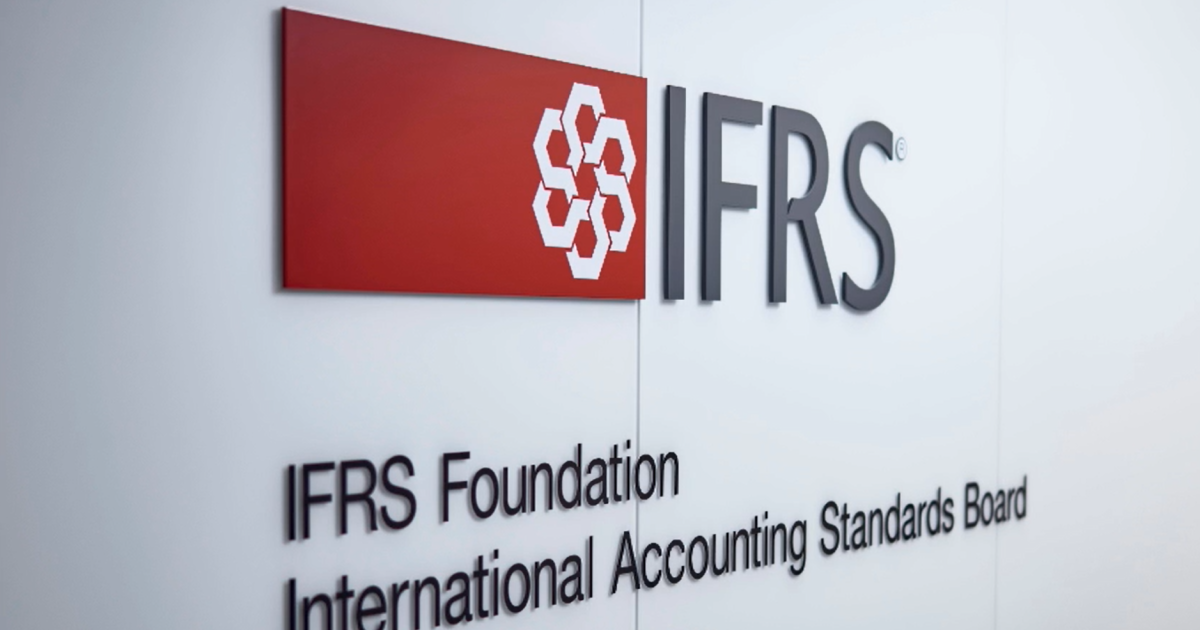Checked out; nothing’s free; some days the Bear gets you; and other highlights of recent tax cases.
Tualatin, Oregon: Businessman David Katz has been sentenced to four years in prison and three years of supervised release and ordered to repay tens of millions of dollars for conspiring to defraud the United States and filing false currency transaction reports.
From January 2014 through December 2017, Katz, president of Check Cash Pacific Inc., conspired with others in the construction industry to facilitate under-the-table payments to workers. Sham companies were created and used to cash more than $177 million in payroll checks at different Check Cash locations, with the cash then used to pay construction workers with no taxes withheld or reported to the IRS.
Hundreds of thousands of dollars of payroll checks were cashed daily and Katz was aware that at least one of his co-conspirators used a false name and Social Security number. Acting as compliance officer, Katz allowed hundreds of false regulatory reports to be filed knowing they contained the fake identity.
Katz received a 2% commission on each transaction, which, in total, amounted to more than $4 million. He and his co-conspirators prevented the IRS from collecting more than $44 million in payroll and income taxes.
Katz, found guilty in June, was also ordered to pay $44,877,254 in restitution to the IRS.
Trenton, New Jersey: CPA and tax preparer Ralph Anderson has been sentenced to two years in prison for his role in the promotion and sale of abusive syndicated conservation easement shelters.
He worked for accounting firms in New Jersey and New York. From around 2013 to 2019, he promoted and sold tax deductions to high-income clients in the form of units in illegal syndicated conservation easement tax shelters created by convicted co-conspirators Jack Fisher and James Sinnott.
The charitable deductions purchased by clients were derived from the donation of land with a conservation easement or the land itself to a charity, and the deductions were based on fraudulently inflated appraisals for the donated land. Anderson and the promoters promised clients “4.5 to 1” in deductions for every dollar paid into the shelter. In some instances, Anderson and his co-conspirators also instructed and caused clients to falsely backdate documents.
Each year from 2013 to 2019, Anderson and his co-conspirators assisted clients with claiming these false deductions on their returns. In total, Anderson assisted in preparing returns for clients that claimed more than $9.3 million in false charitable deductions based on backdated documents, which caused a tax loss to the United States of nearly $3 million.
Between approximately 2016 and 2019, Anderson earned more than $300,000 in commissions for promoting and selling illegal shelters to his clients. He also claimed false deductions for charitable contributions generated from the shelters that he received as “free units” on his own returns and fraudulently reduced his own taxes on his income from the scheme.
Anderson, who previously pleaded guilty, was also ordered to serve three years of supervised release and pay $3,543,005.53 in total restitution to the IRS and the Small Business Administration.
The scheme resulted in more than $1.3 billion in fraudulent deductions and caused more than $400 million in tax loss to the IRS. Fisher and Sinnott were previously sentenced; nine additional defendants pleaded guilty to the scheme, including six CPAs, two attorneys and an appraiser.
Fitchburg, Massachusetts: Former Massachusetts State Senator Dean A. Tran has been sentenced to 18 months in prison, to be followed by two years of supervised release.
Convicted last year, Tran served as an elected member of the Massachusetts State Senate from 2017 to January 2021. After his term ended, Tran fraudulently received pandemic unemployment benefits while simultaneously employed as a paid consultant for a New Hampshire-based retailer of automotive parts; Tran fraudulently collected $30,120 in pandemic unemployment benefits.
He concealed $54,700 of that consulting income on his 2021 federal income tax return, in addition to thousands of dollars that he concealed from the IRS while collecting rent from tenants who rented his local property from 2020 to 2022.
Tran was also ordered to pay $25,100 in restitution to the Massachusetts Department of Unemployment Assistance and $23,327 to the IRS, as well as a $7,500 fine and an assessment of $2,300.
Miami: A federal court has issued a permanent injunction against tax preparer Dieuseul Jean-Louis that bars him from preparing or assisting in preparing federal income tax returns, working for or having any ownership stake in any tax prep business, assisting others to set up business as a preparer, and transferring or assigning customer lists to any other person or entity.
Jean-Louis, d.b.a. DJL Multi-Services, prepared returns for clients that claimed, without clients’ knowledge, various false or fabricated deductions and credits, including false charitable and mortgage interest deductions, fake or inflated business expenses, and fraudulent claims for the Fuel Tax Credit and American Opportunity Credit. The complaint further alleged that Jean-Louis falsified clients’ income and filing statuses to increase the amount of the Earned Income Tax Credit, and that Jean-Louis has prepared thousands of returns for clients for more than a decade.
The complaint asserted that Jean-Louis furnished clients with copies of returns that were different from the returns filed with the IRS where the latter claimed a higher refund, which allowed Jean-Louis to retain the additional amount without clients’ knowledge.
The court also ordered Jean-Louis to disgorge $245,275 that he’d received from his tax prep business. He agreed to both the injunction and the disgorgement.
Rumford, Maine: Business owner Jeffrey Richard has been sentenced to a year and a day in prison, to be followed by three years of supervised release, for evading employment taxes.
Between 2013 and 2017, Richard attempted to evade employment withholding taxes owed by his company, Black Bear Industrial, by regularly using money from the business bank account to make business and personal purchases while making no payments toward Black Bear’s tax liability.
He also created two nominee companies and took steps to disguise his ownership of the companies, lying to an IRS officer that he had anything to do with one of them. The other company did business and had more than $174,000 of business income in 2017, but none of the money was used to pay the IRS. Richard never informed the IRS about the company, and the company never filed corporate or employment tax returns.
Richard, who pleaded guilty in 2023, was also ordered to pay $910,980.37 in restitution to the IRS.
Vancouver, Washington: Unlicensed tax preparer Saul Valdez, owner of a business that sought to assist immigrants with a variety of services, has been sentenced to nine months in prison and four months of home confinement for tax fraud.
He operated Conexion Latina and used such programs as TaxAct and TurboTax to prepare taxes. He led his immigrant clients to believe he was filling out their tax forms correctly. Instead, from 2016 through 2018, he inserted a variety of false deductions and expenses on returns.
For tax year 2017, he claimed false and fraudulent expenses, donations and credits on 36 returns, causing a tax loss of $54,045.
Valdez, who pleaded guilty in 2023, has agreed to pay that in restitution and admits that the total tax loss for his fraud is $1,293,921.


 Economics7 days ago
Economics7 days ago
 Economics7 days ago
Economics7 days ago
 Economics5 days ago
Economics5 days ago
 Finance7 days ago
Finance7 days ago
 Economics7 days ago
Economics7 days ago
 Blog Post5 days ago
Blog Post5 days ago
 Personal Finance5 days ago
Personal Finance5 days ago
 Finance5 days ago
Finance5 days ago












